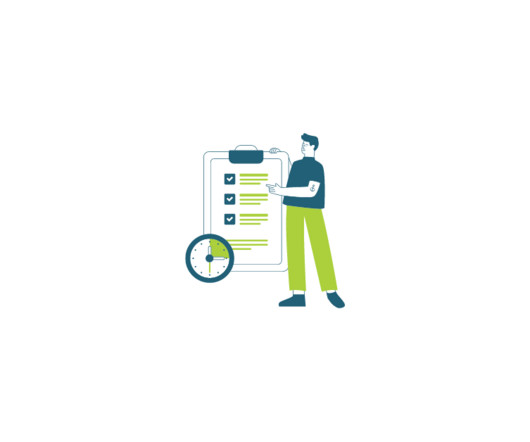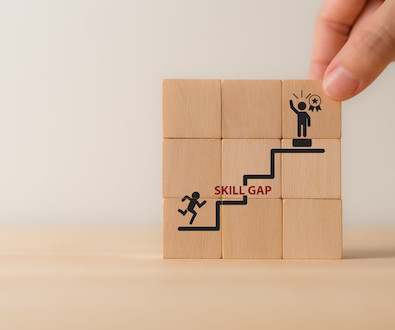The Power of Claim-Evidence-Question
Catlin Tucker
SEPTEMBER 1, 2023
Part IV: Thinking About Thinking This is part four of a five-part series focused on using thinking routines to drive metacognitive skill building. Click here to revisit my last blog in this series on using the “I used to think…Now, I think…” routine.
















Let's personalize your content